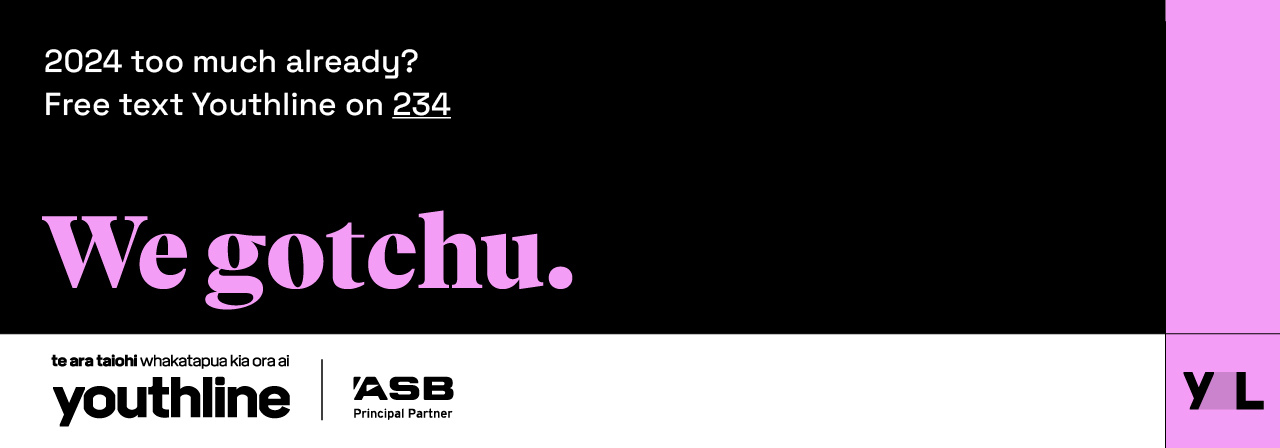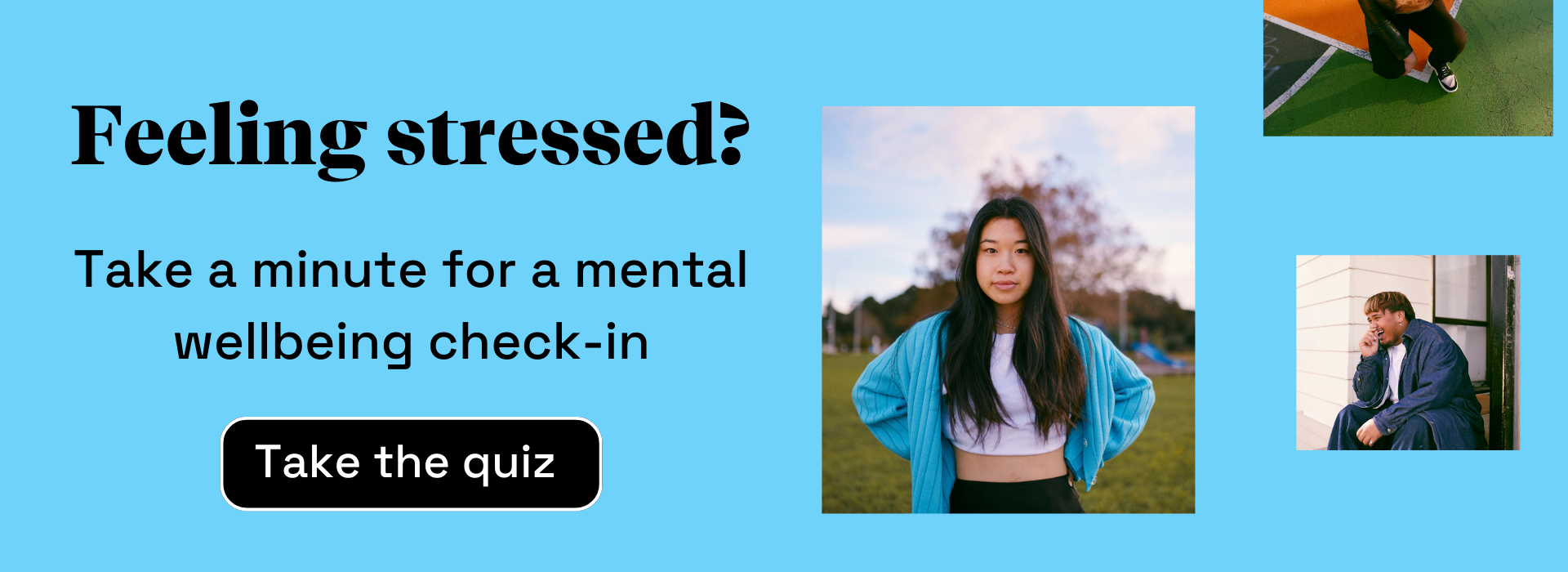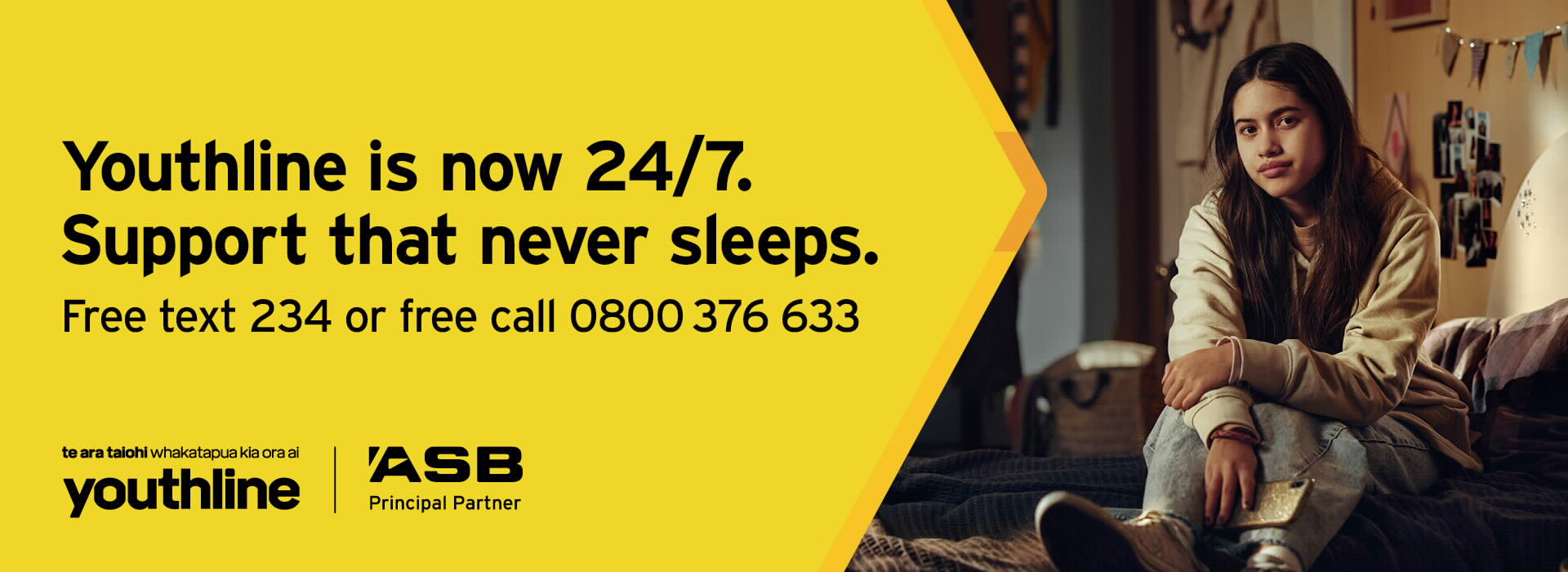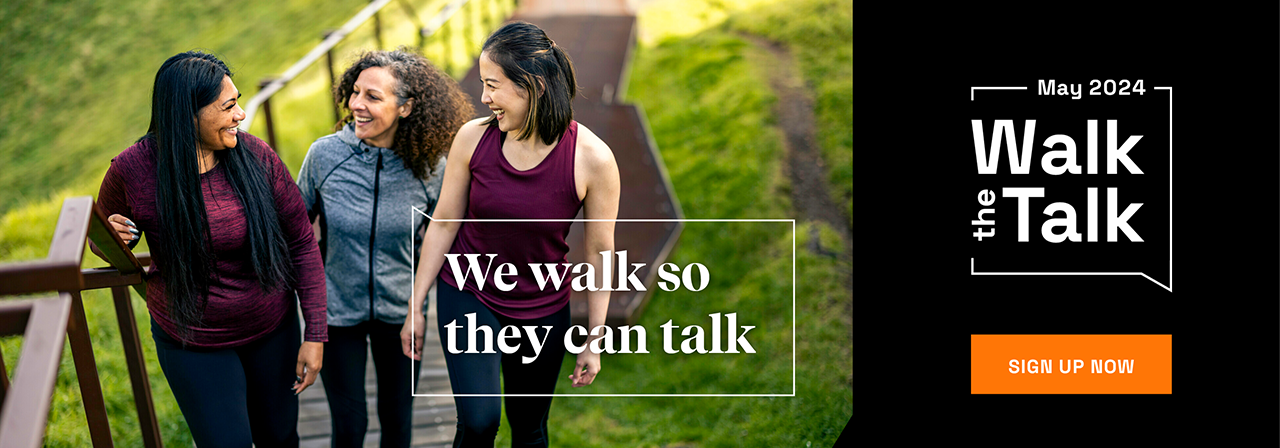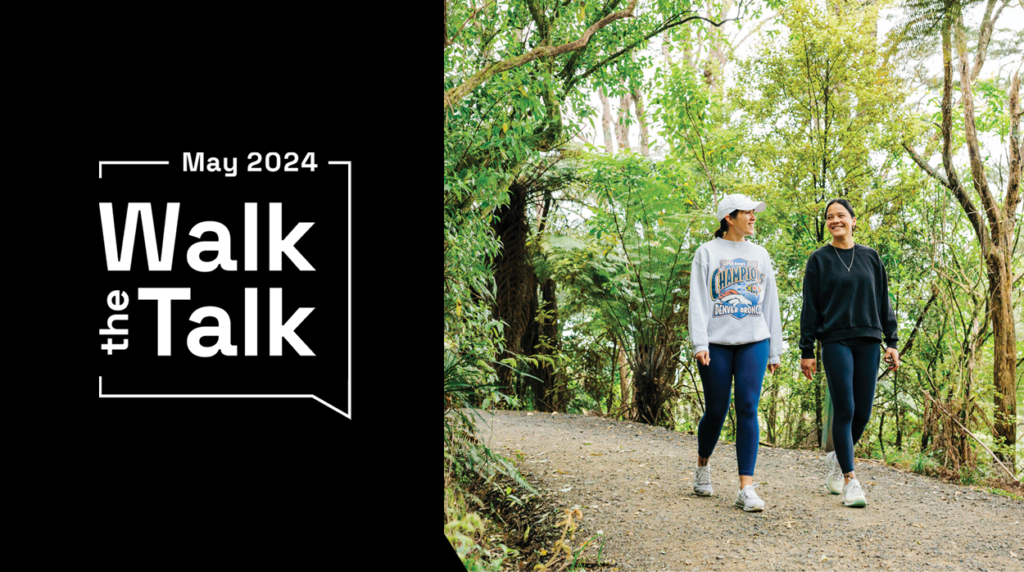We gotchu.
We are here to help. Our Helpline service is free, confidential and available 24 hours a day, 7 days a week.
Get started

Get help 24/7
We’re here to help and are here for you.
Free text 234. Available 24/7.

Youth Programmes
Learn more about us and grow with our youth programmes, workshops and trainings.

About Youthline
Youthline supports young people throughout Aotearoa New Zealand. We have been providing support to Kiwis aged between 12-24 years for more than 50 years.
Support us
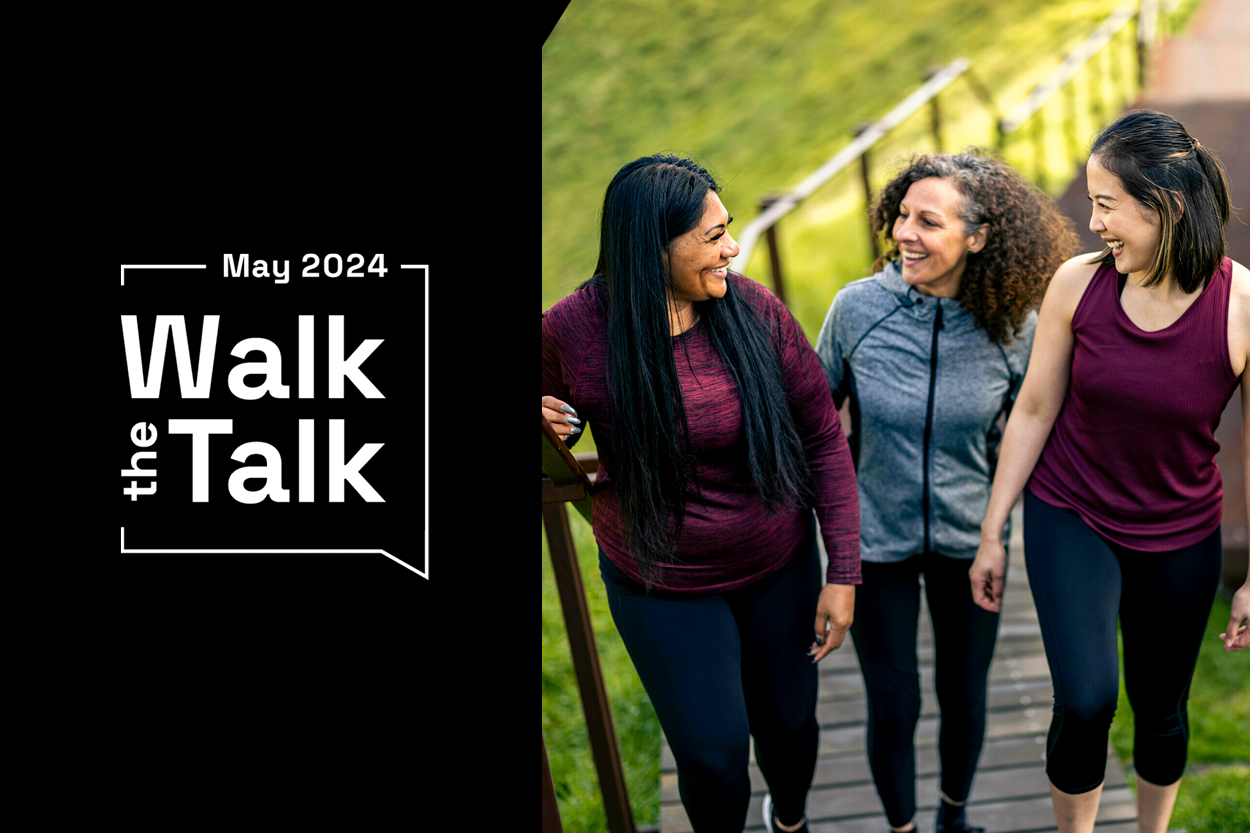
Walk the Talk 2024
Walk the Talk for 31 minutes every day this May to get moving and raise funds for youth mental health.

Support our rangatahi
Support our rangatahi and save lives – volunteer, explore partnership opportunities, or donate now.
Our latest stories

Michael’s journey
Michael’s journey with Youthline is a testament to the transformative power of seeking help during challenging times. Initially hesitant and fearful, he took a courageous step to reach out for support when he needed it most. Through the compassionate guidance of a Youthline counsellor, Michael found solace and learned valuable coping strategies like breathing exercises to navigate his emotions more effectively.
As he continued his conversations with Youthline, Michael not only shed the weight of his burdens but also gained the confidence to confront his struggles head-on. With each session, he grew stronger and more equipped to manage his mental wellbeing, eventually emerging from the darkness with a newfound sense of clarity and resilience.
Grateful for the unwavering support he received, Michael now stands as a living testament to the impact of Youthline’s dedication to healing and empowerment. His journey from vulnerability to strength is a powerful reminder of the importance of seeking help and the profound transformation that can occur when one chooses to confront their struggles with courage and support.
